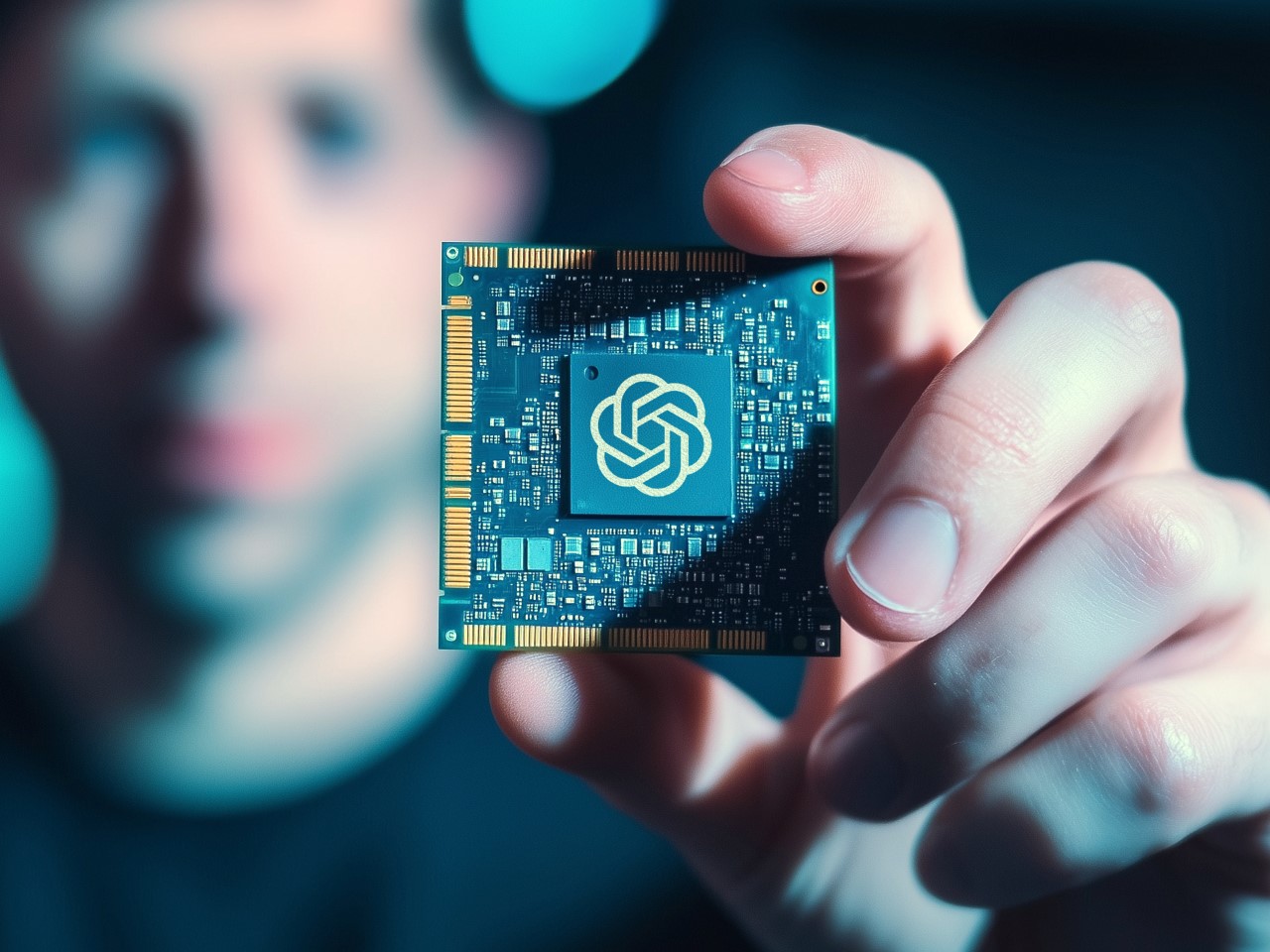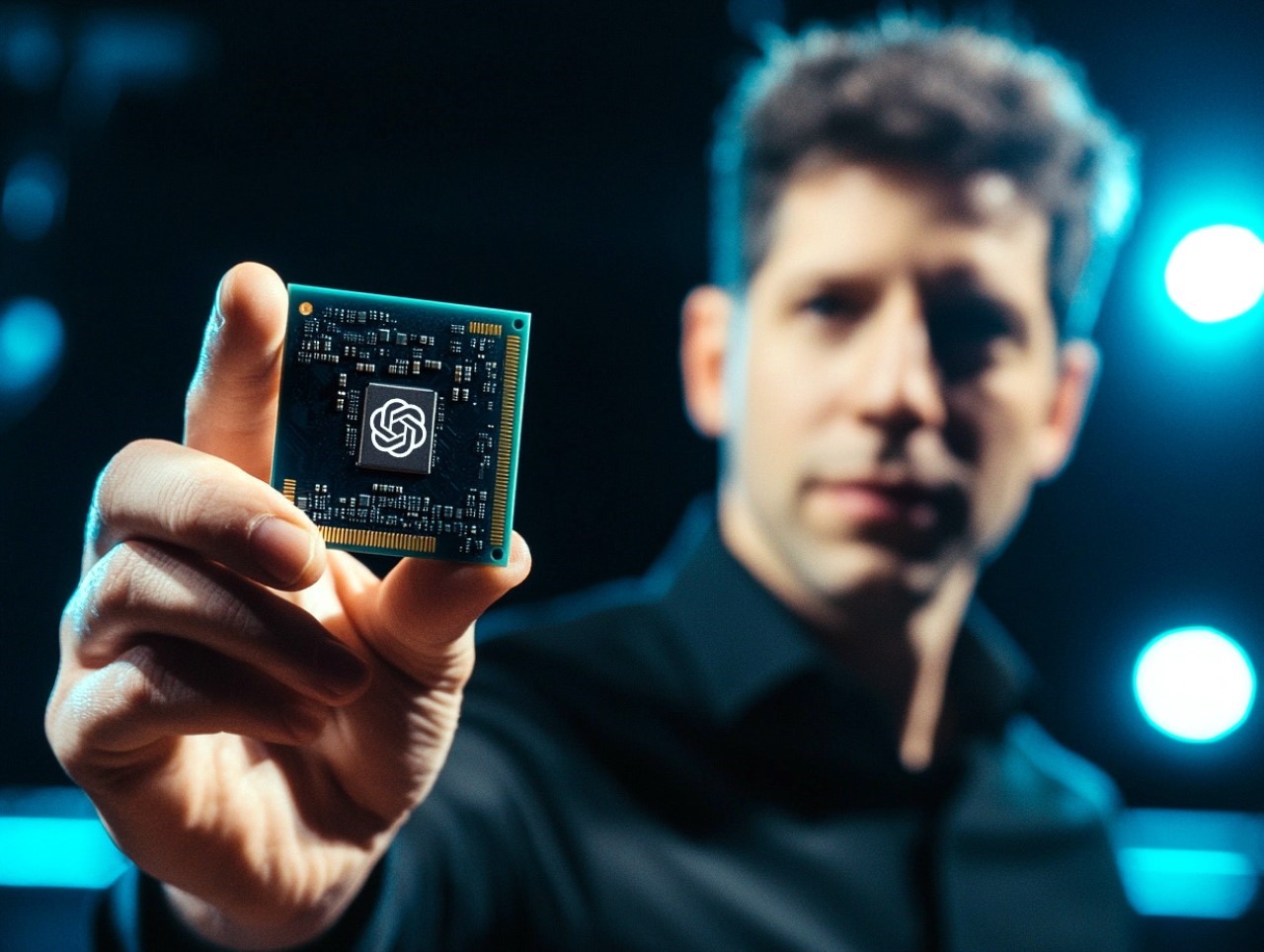Hydrogen-powered vehicles haven’t really caught on as an alternative means of eco-friendly transportation. Hyundai, however, hopes to fix that with a bigger investment in the technology and its newest hydrogen-powered concept SUV called the Initium.
Hyundai announced it plans to start production on the hydrogen SUV in the first half of next year. The Initium can run approximately 404 miles on a single refueling and can also run on electric power as a backup that can be recharged from a household electricity supply. The vehicle will also make its public debut at the LA Auto Show and Auto Guangzhou in China next month. It’s not yet confirmed where the cars will be available when they go on sale so a US launch isn’t guaranteed.
The Initium may just be a concept car for now but Hyundai seems committed to bringing its newest hydrogen car to drivers quickly, even if the fuel source hasn’t made nearly as many strides towards widespread acceptance as electric options. The South Korean carmaker is planning on investing $4 billion to develop its hydrogen vehicle technology and infrastructure to meet its complete carbon neutrality goal by 2045 with cars like the Initium and the electric Ioniq 5 unveiled last year.
Hydrogen may be an efficient alternative to gasoline but it still has a ways to go to be competitive with electric vehicles (and that’s without acknowledging the continued prevalence of gasoline-powered cars). There are only 59 hydrogen charging stations in the US with most of them in California, according to the US Department of Energy. There are only a handful of carmakers who still offer a hydrogen powered option including Hyundai (the Nexo SUV) and Toyota (the Mirari). Honda used to offer a hydrogen car with The Clarity but it ended production in 2021, according to Car & Driver.
This article originally appeared on Engadget at https://www.engadget.com/transportation/evs/hyundai-reveals-its-newest-hydrogen-powered-vehicle-the-initium-192235417.html?src=rss
